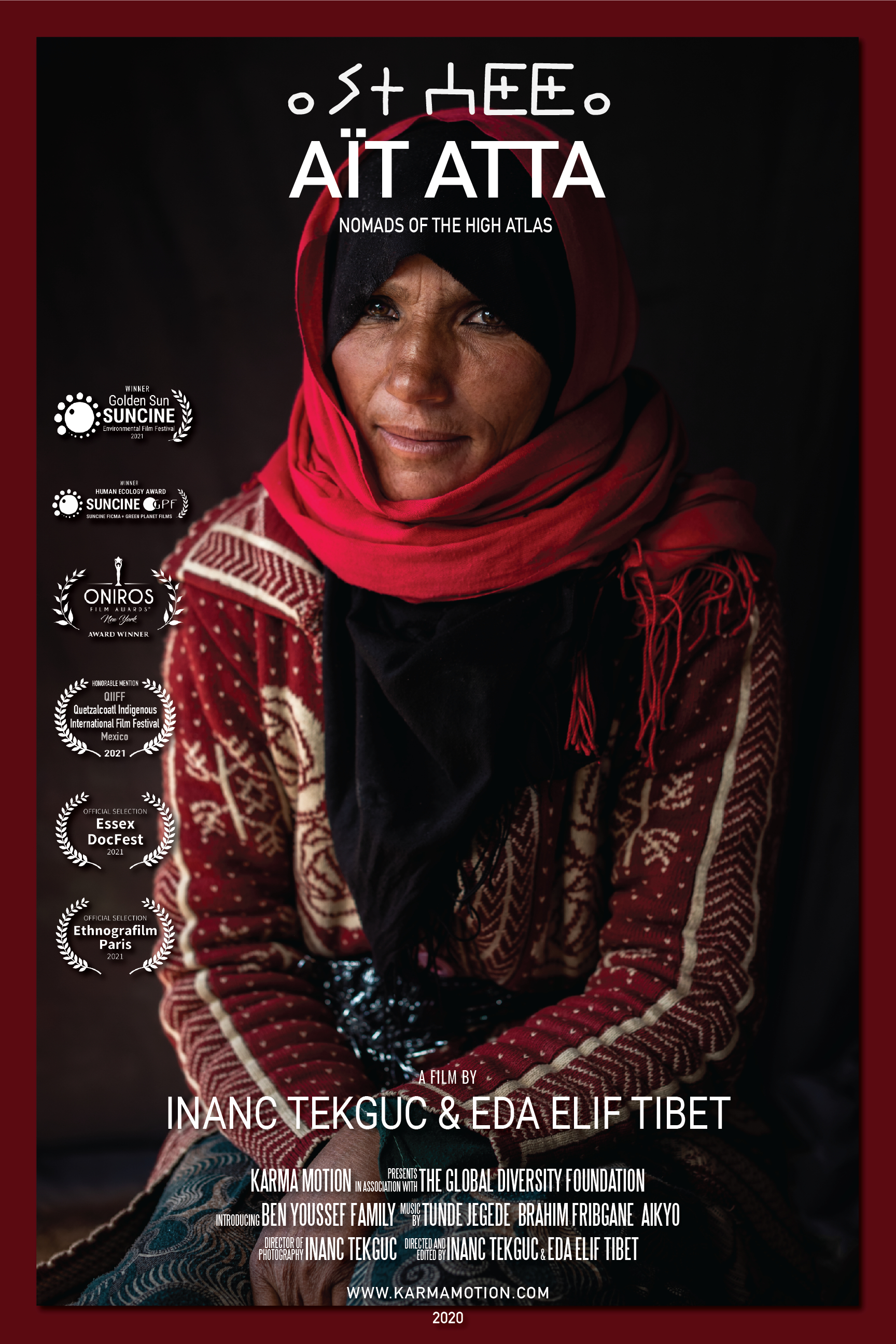Mantas Kvedaravičius Film Award
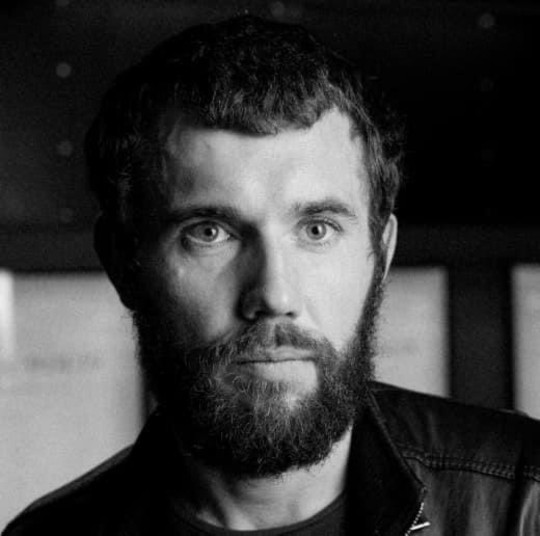 Mantas Kvedaravičius was a member of our
association. The idea of setting up a film award in his name was put
forward by Deana Jovanovic and embraced by the Executive and local organizing committees, as a way for us to
celebrate his memory and pay tribute to his unique work. The Award also gives another opportunity to shine a
light on the ongoing Russian war in Ukraine, and reaffirm our unambiguous support to the anti-imperialist
engagement illustrated by Mantas's work. We felt the urge to have a time of collective memorialization that
is
the occasion for our community to affirm our values and recognize Mantas's intellectual, political and
artistic
legacy of courage and love.
Mantas Kvedaravičius was a member of our
association. The idea of setting up a film award in his name was put
forward by Deana Jovanovic and embraced by the Executive and local organizing committees, as a way for us to
celebrate his memory and pay tribute to his unique work. The Award also gives another opportunity to shine a
light on the ongoing Russian war in Ukraine, and reaffirm our unambiguous support to the anti-imperialist
engagement illustrated by Mantas's work. We felt the urge to have a time of collective memorialization that
is
the occasion for our community to affirm our values and recognize Mantas's intellectual, political and
artistic
legacy of courage and love.
The Mantas Kvedaravičius prize distinguishes a medium or long feature documentary that is remarkable by its cinematographic anthropological and engaged dimensions, and as such, in the wake of Mantas Kvedaravičius's path in research, creation and action. Mantas Kvedaravičius's approach was that of a documentary tradition with strong narrative construction and storytelling, close to the visual codes and grammar of feature films (he is also the director of feature films Prologos and Partenonas that premiered in venice in 2019).
Mantas Kvedaravičius's cinema was ethnographic in the sense that it resulted from long-term engagement on the field, and explored ethnographic questions such as memory, lived experiences of violence, temporality, the everyday of conflicts, etc. His work on dangerous and sensitive fields was in touch with burning political and social issues, and recognized as an important contribution to the advancement of human rights. However, his visual research was clearly distinct from 'investigative' approaches: it was attached to a poetry of images (minute attention to light, long shots, slowness, sensitive dimension focusing on the texture of things and beings through a work of image and sound). In this sense, Kvedaravičius's cinema was not about denouncing but capturing the everyday and profound experience of conflicts on our social bodies, through the visible and the invisible.
The six films in the selection were of very high quality and spoke deeply to some aspects of Mantas’s filmmaking: looking at everyday life under conflict, allowing a slow pace of observation, archiving resistance.
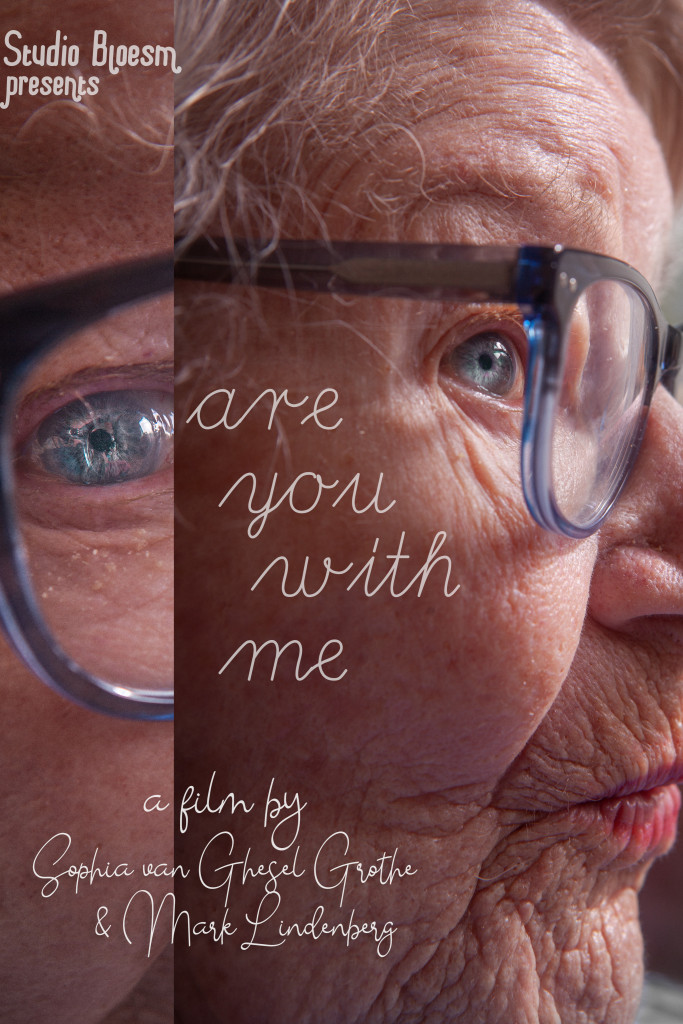 The award goes to the film "ben jij bij
bij/are you with me" by Sophia van Ghesel Grothe and Mark Lindenberg, who filmed Sophia’s grandmother
over the course of three years, to document the life she still lives despite living with Alzheimer's disease. A
simple and sincere film on the everyday life of a middle-class family in the Netherlands that seems far away
from the geopolitical contexts that Mantas focused on during his life. Yet we all agreed it was the film that
most closely speaks to Mantas’s way of reaching a specific level of closeness that narrates absence,
disorientation and the pain of memory through a distinct sense of bodily tangibility, familiarity, and presence.
Are you with me, asks this without a question mark. The quality of being here and being with the other,
in a cinema that is not a window into understanding but a companion and an intense, caring observer.
The award goes to the film "ben jij bij
bij/are you with me" by Sophia van Ghesel Grothe and Mark Lindenberg, who filmed Sophia’s grandmother
over the course of three years, to document the life she still lives despite living with Alzheimer's disease. A
simple and sincere film on the everyday life of a middle-class family in the Netherlands that seems far away
from the geopolitical contexts that Mantas focused on during his life. Yet we all agreed it was the film that
most closely speaks to Mantas’s way of reaching a specific level of closeness that narrates absence,
disorientation and the pain of memory through a distinct sense of bodily tangibility, familiarity, and presence.
Are you with me, asks this without a question mark. The quality of being here and being with the other,
in a cinema that is not a window into understanding but a companion and an intense, caring observer.
Just as Mantas’ films are not about war but about people living, in the midst of war, Are you with me is not a representation of Alzheimer’s, but an attempt to accompany life in the midst of loss without making pronouncements. The moment of cinema offered by this film takes place in the fugitive space that is opened by the absence of fear, and this relates both to how Mantas worked and what he searched for.
The other five nominated films
Rift Finfinnee/Rift Finfinnee by Daniel Kötter
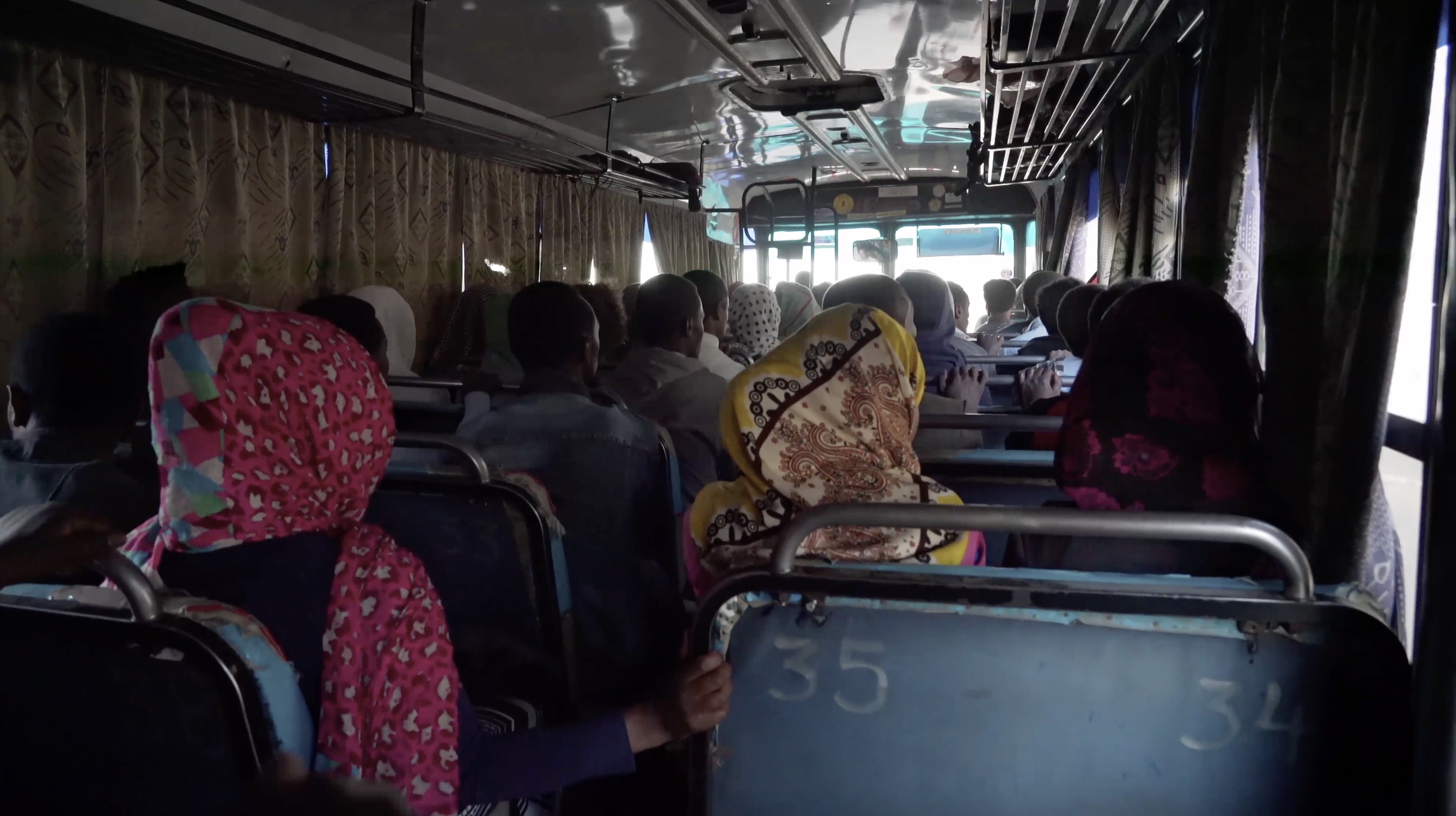
Objetos Rebeldes/Rebel Objects by Carolina Arias Ortiz

Guanzhou, une nouvelle ère/Guanzhou, A New Era by Boris Svartzman
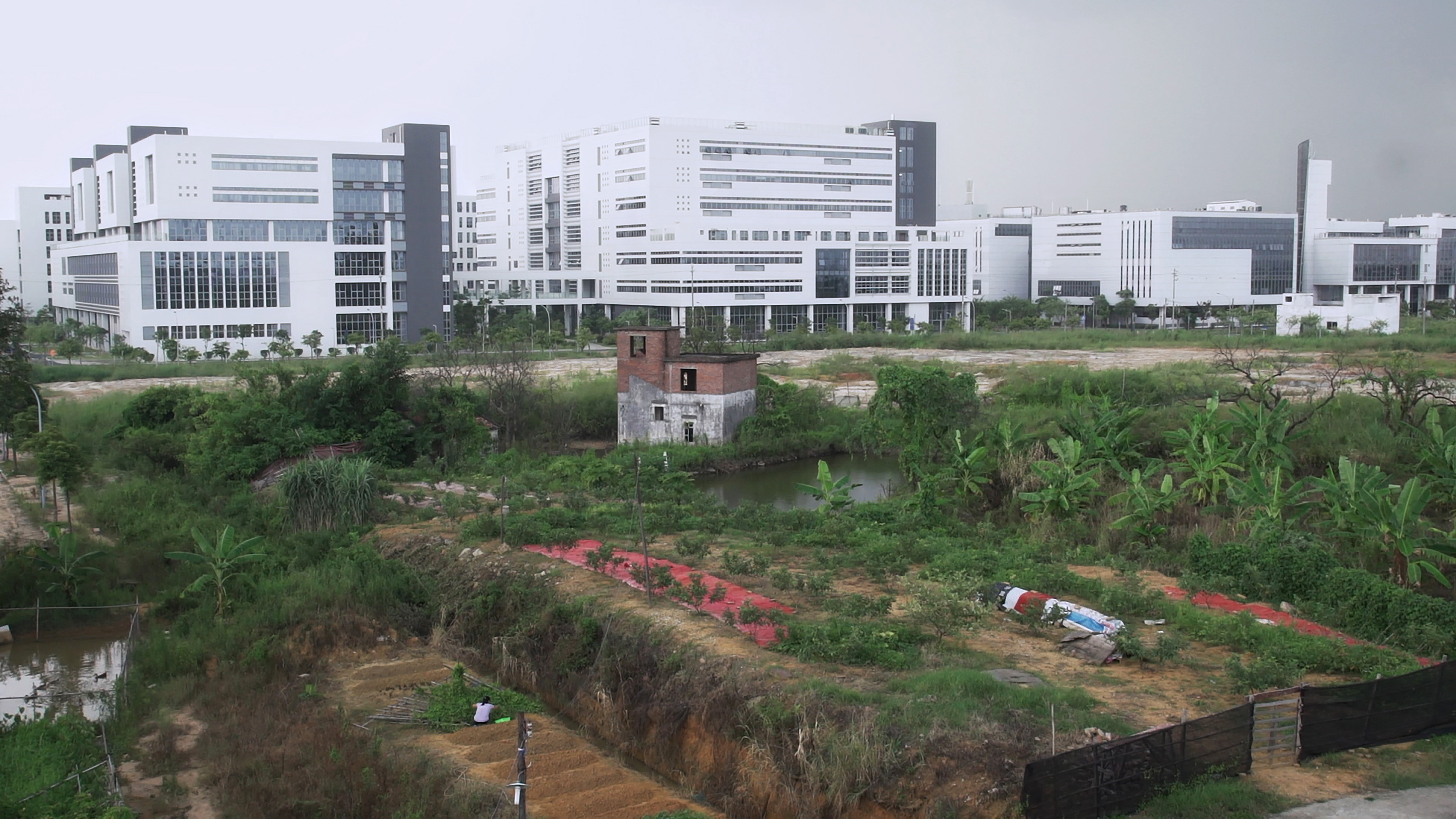
A Colombian Family/A Colombian Family by Tanja Wol Sorensen
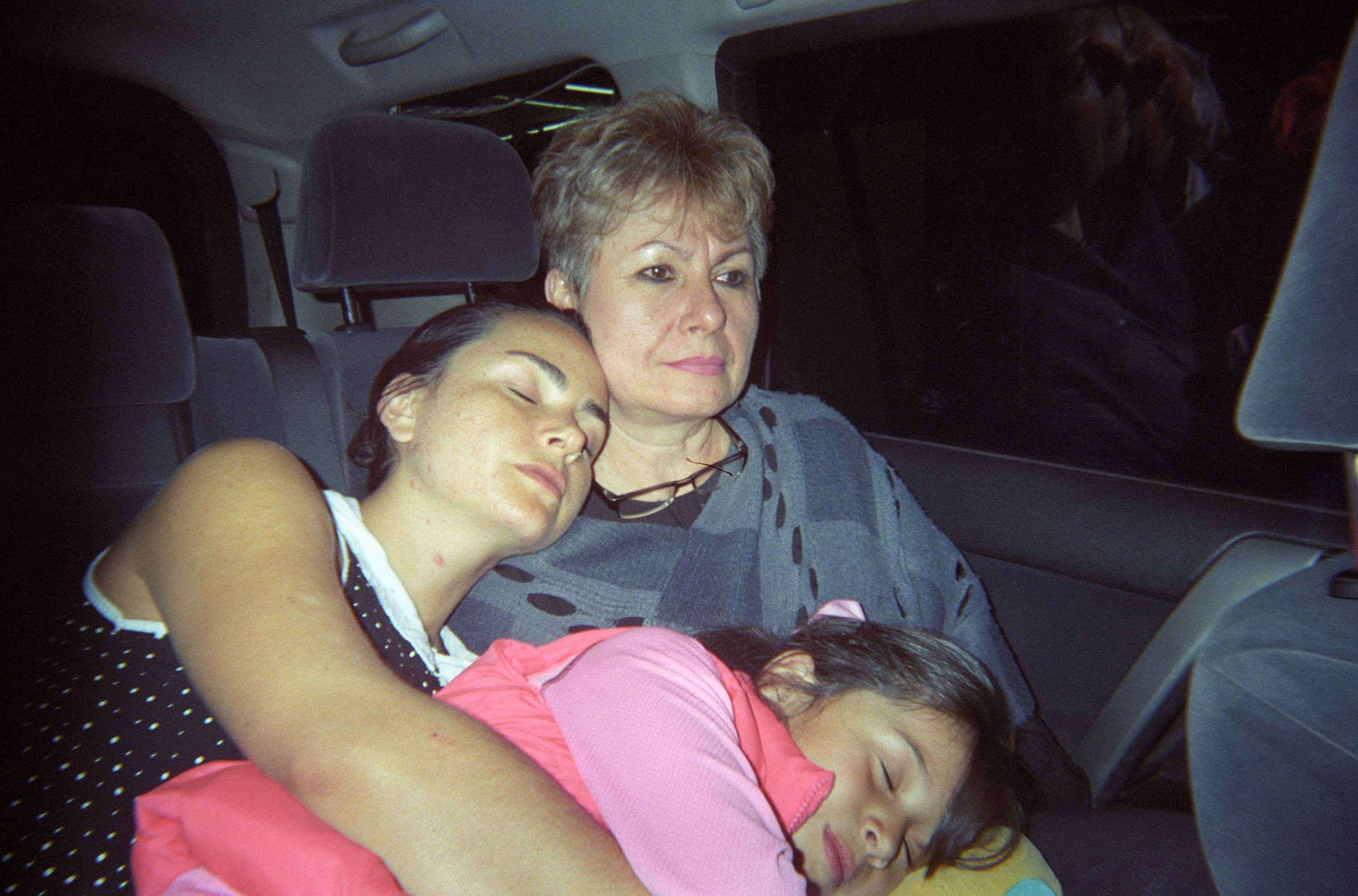
Ait Atta: Nomads of the High Atlas/Ait Atta:Nomads of the High Atlas by Eda Elif Tibet
